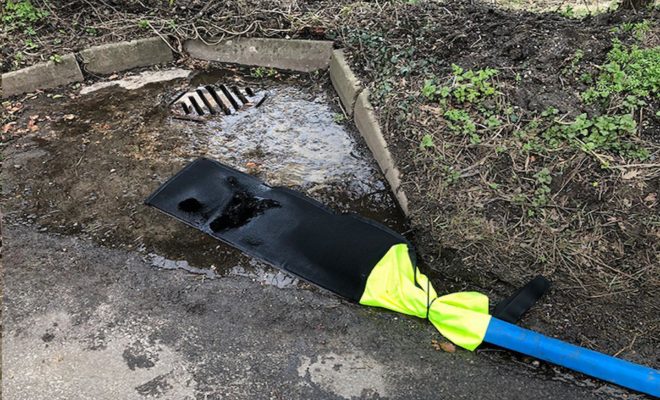Essential Maintenance for Gardner Denver Air Compressors

Gardner Denver is a renowned name in the industrial air compressor market, known for its reliable and efficient machines. To ensure the longevity and optimal performance of your Gardner Denver air compressor, proper maintenance is imperative. Regular upkeep not only enhances efficiency but also prevents costly breakdowns. In this article, we’ll outline the key maintenance tasks required to keep your Gardner Denver air compressor running smoothly.
Daily Visual Inspection
Start your air compressor maintenance routine with a daily visual inspection. Check for any oil or air leaks, unusual vibrations, and ensure that safety guards are in place. Addressing minor issues promptly can prevent major problems down the line.
Oil Level and Quality
Maintaining the correct oil level is crucial for the compressor’s proper function. Regularly check the oil level using the sight glass or dipstick. Also, monitor oil quality and change it as recommended by the manufacturer. Clean oil ensures optimal lubrication and cooling.
Air Filter Maintenance
Clean or replace the air filter regularly. A clogged filter restricts airflow, causing the compressor to work harder and potentially leading to overheating. A clean filter enhances air quality and extends the compressor’s lifespan.
Cooling System
The cooling system should be clean and free of debris. Regularly inspect and clean the radiator or heat exchanger fins to ensure efficient heat dissipation. Overheating can lead to system failures, so this step is crucial.
Belt and Pulley Inspection
Check the drive belts for tension and wear. Loose or damaged belts can cause inefficient operation and power losses. Adjust or replace belts as needed and ensure proper pulley alignment.
Valve Maintenance
Inspect and test the compressor’s valves. Faulty valves can reduce efficiency and lead to increased energy consumption. Regular maintenance ensures proper sealing and optimal performance.
Electrical Components
Inspect electrical connections, wiring, and controls. Loose connections or damaged components can lead to safety hazards and operational issues. Regularly check for signs of wear and tear.
Condensate Management
Properly manage condensate buildup. Drains and traps should be functioning correctly to prevent moisture from damaging the compressor’s internal components. Drain condensate from the system as recommended.
Pressure System Inspection
Regularly monitor the pressure gauges and safety relief valves. Pressure fluctuations can indicate issues within the system. Ensure that safety mechanisms are in place to prevent over-pressurization.
Annual Professional Service
While daily and weekly maintenance tasks are essential, scheduling an annual professional service is highly recommended. Trained technicians can perform in-depth inspections, address potential problems, and fine-tune the compressor for optimal performance.
Conclusion
Proper maintenance is the cornerstone of ensuring the longevity and efficient operation of your Gardner Denver air compressor. By incorporating these maintenance tasks into your routine, you can prevent costly downtime, reduce energy consumption, and extend the lifespan of your valuable equipment. Regular attention to these details will keep your Gardner Denver air compressor running smoothly, contributing to a productive and efficient industrial environment.














